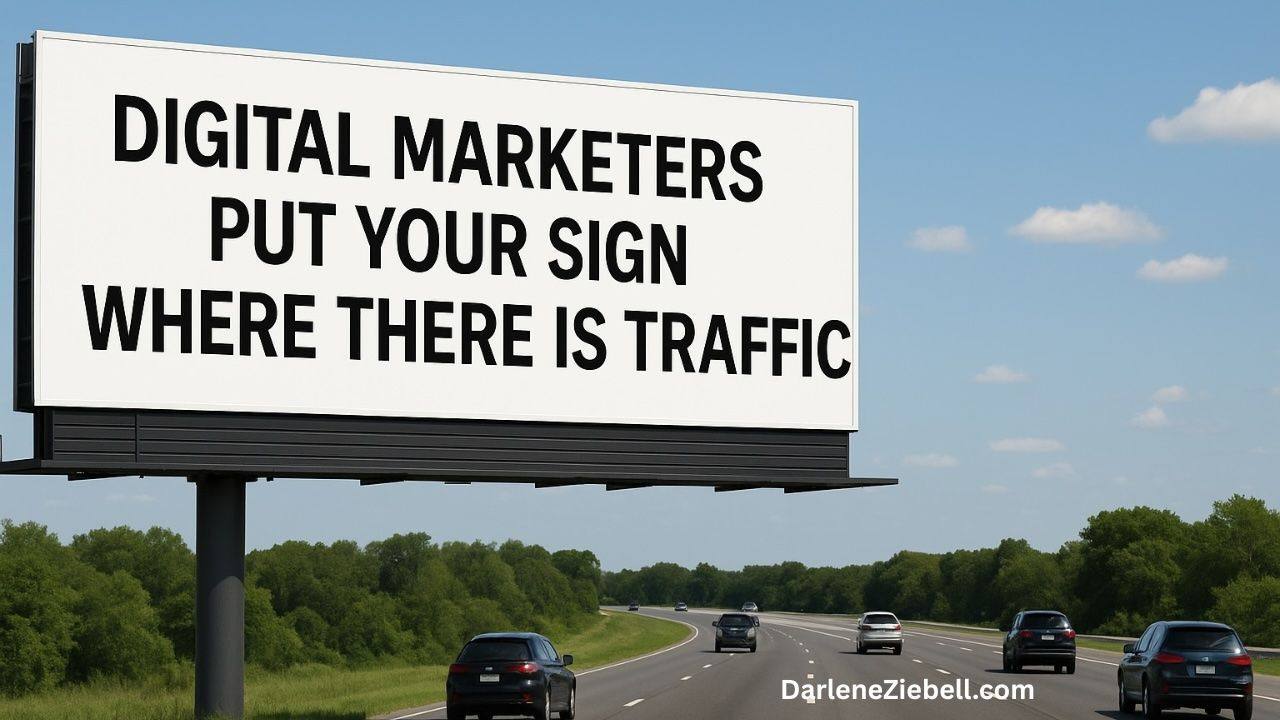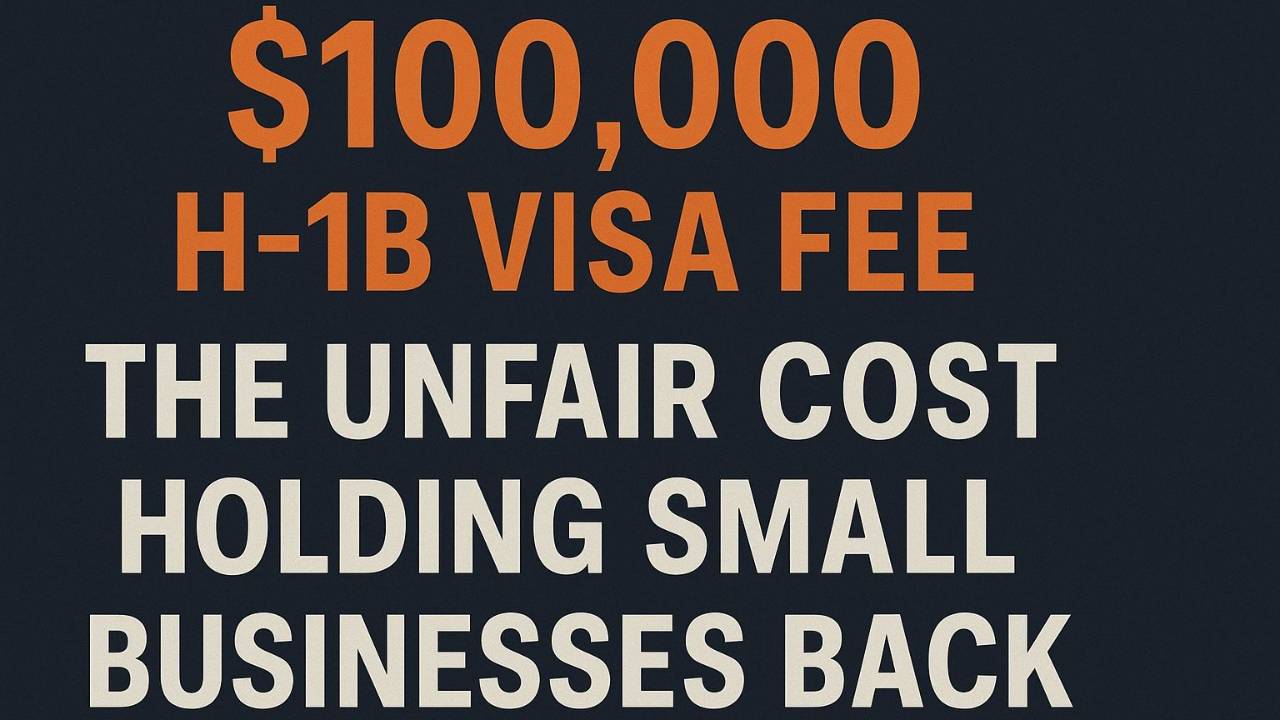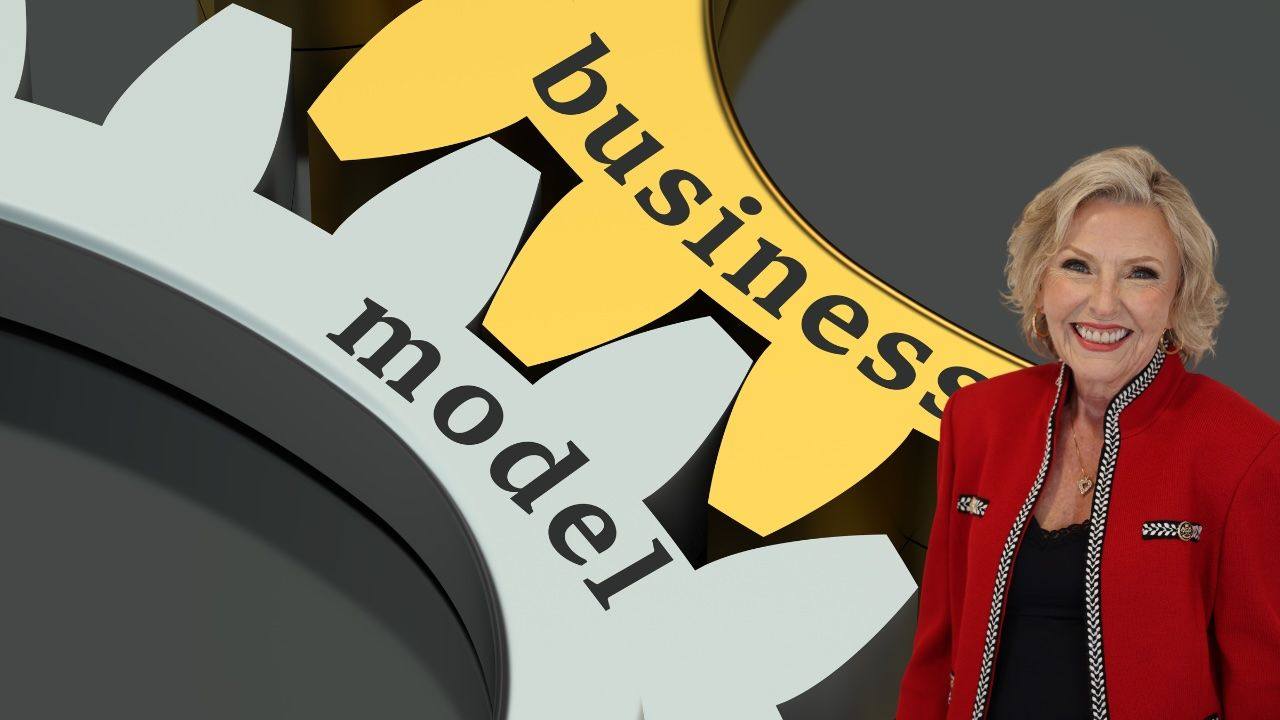The Risk No One Warns You About: Selling to Big Companies Without Getting Burned
Securing a deal with a large enterprise company is the dream for many small business owners. It’s validation. It’s revenue. It’s visibility. It can even feel like a turning point — the moment you’ve finally “made it.”
But after decades of experience — both in my own companies and advising others — I’m here to share a hard truth:
That dream deal can become a financial disaster.
If you aren’t careful, selling to enterprise clients can cost you more than it earns you. Not because you didn’t deliver. Not because your pricing was wrong. But because the biggest companies in the world are also the most sophisticated at one thing:
Delaying — or outright avoiding — payment.
🚩 It Happens More Than You Think
You’d be shocked how often I hear this story:
“We delivered everything they asked for, and now they’re ghosting us.”
“They’re saying our invoice wasn’t submitted through the ‘correct portal,’ even though they confirmed it last month.”
“They want a Phase 2 — and we still haven’t been paid for Phase 1.”
Sound familiar?
These aren't fly-by-night operations. These are Fortune 1000 companies. And small businesses are particularly easy for them to ignore, delay, or manipulate through bureaucracy.
😬 Here’s Why You Need to Be Cautious
Big companies have big legal teams. Big accounting departments. And big gaps between who makes the deal and who pays the bill.
You may sign an agreement with the VP of marketing, but invoices get routed through finance, compliance, and legal. If one department is late — you wait. If one person changes roles — you’re stuck.
They know small business owners don’t have a legal department. They know you’re not likely to sue over $20,000. Or $50,000. Or even $100,000. They know the cost of hiring an attorney could wipe out your profit.
And that’s the problem.
Before you sign another enterprise deal, you need to know what to look for — and what protections to put in place. I’ll show you the smart steps small business owners are using to safeguard payments and stay in control.
🧩 Why Small Businesses Are Easy Targets
Let’s be blunt: enterprise companies know how to leverage their size.
You, on the other hand, are:
- Excited by the opportunity
- Unfamiliar with their internal systems
- Unprepared to enforce payment terms
They count on this.
They’ll ask you to start work before legal finishes the contract.
They’ll “accidentally” omit key PO numbers that prevent you from being paid.
They’ll blame their ERP system or "quarterly payment cycles."
And unless you’re experienced, you may believe them.
Or worse — you’ll continue to deliver in hopes of getting paid later.
📉 Real-World Example: A Costly Mistake
One of my clients — a growing service-based firm — landed a national retailer as a client. The initial scope was small: $25,000. But the scope quickly expanded to $200,000.
Excited by the volume, my client staffed up, put other client projects on hold, and focused their full attention on this enterprise account.
Six months later:
❌ Still no payment.
❌ Excuses from every department.
❌ Cash flow crisis on their end.
Eventually, the retailer agreed to settle — but for $130,000, not the $200,000 owed. My client couldn’t afford legal fees to fight. They took the loss and nearly closed their doors.
That kind of financial blow can destroy a small business.
🛡 The Smarter Way to Sell to Big Companies
Don’t get me wrong — you should absolutely go after large enterprise deals. But you have to do it with your eyes wide open. Here’s how I advise my clients to approach these deals:
✅ 1. Never Start Without a Signed Contract
No email, no verbal agreement, no kickoff meeting is a substitute for a real, enforceable contract. If they want to start work before legal finishes review, that’s a red flag — not a compliment.
✅ 2. Get Clear Payment Terms — and Penalties
Your contract should outline:
- Invoice submission procedures
- Exact payment terms (net 15, net 30, etc.)
- Late fees or interest
- Who is responsible for payment
✅ 3. Set Payment Milestones
Break large projects into phases. Require partial payment at each phase. If they don’t pay for Phase 1, you don’t move to Phase 2.
✅ 4. Control Access to Deliverables
Don’t give away source files, full deliverables, or login credentials until payment clears. Hold back key pieces until the invoice is satisfied.
✅ 5. Assign One Team Member to Accounts Receivable
Someone on your team should be following up weekly on unpaid invoices. Enterprise departments are notoriously disorganized. You must stay top of mind.
📈 The Payoff When You Do It Right
I’ve helped several clients land and successfully serve major enterprise accounts. One client now works with a publicly traded company and gets paid within 15 days — every time.
Why? Because we built the right infrastructure:
- Legal-reviewed contracts
- Vendor onboarding processes
- Escrow billing for initial phases
- Dedicated AR follow-up
The result? Predictable revenue from enterprise clients without the risk of nonpayment.
🔑 Enterprise Sales Require Enterprise Systems
Scaling your business to serve corporate clients isn’t about just getting bigger — it’s about getting smarter.
You can’t wing it anymore. You can’t assume good intentions.
You have to protect your time, your product, your team — and your cash.
If you want to scale, start thinking like the companies you’re selling to. Build the policies, guardrails, and structure that give you leverage in the relationship.
Because in business, leverage is everything.
🗣 Let’s Build Your Enterprise Sales Strategy
If you’re looking to scale into B2B enterprise sales — or you’ve already landed a big client and you’re unsure how to protect yourself — let’s talk.
👉 Reply to this email or visit my website to book a strategy session.
I’ll help you avoid the pitfalls, set up protections, and turn those big wins into real profit.
You deserve to get paid for the value you deliver.
Let’s make sure you do.







Responses